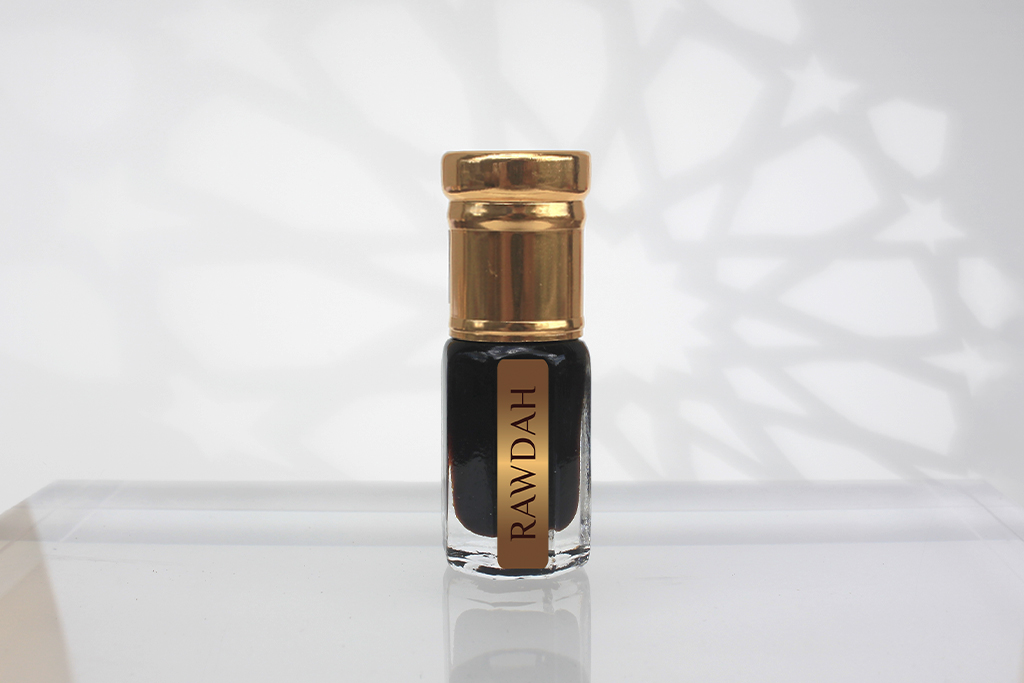Product Review
Only logged in customers who have purchased this product may leave a review.
Order today and get it by July 11, 2025
100% authentic oudh from the best natural ingredients
The Istanbuli rose oil has some similarities with the Taifi Rose oil, as it also does with the Isfahani oil, but no like any of them. Where the Taifi rose is citrusy and sparkly, the Istanbuli is more like the actual rose itself. Its ending has a lovely wood note, slightly cinnamon note that really brings warmth to the bright rose top.
ISTANBULI in Arabic means “from Istanbul” or “of Istanbul”.
This is the story of the rose of Istanbul, made world-famous by the great Ottomans. The Istanbuli is the same rose found in Afghanistan, Iran, Saudi Arabia, Bulgaria and India, the rose damascena.
Rose water and rose products, such as rose confection and syrups were used in abundance by the Ottoman Empire during all periods in the Ottoman history. In the Ottoman tradition, “offering rose water” was a precious treat; the custom was practiced not only in the palaces, but in the most modest houses as well. Rose was planted by the ferman (order) of the Sultans to ensure is a continuous supply of rose water and rose oil for use by the Palace.
In 1587, Sultan Murad III issued an order “on the transfer of roses required for the Imperial Gardens, from Edirne,”. Additional evidence suggests fragrant roses were cultivated in the Imperial Gardens, and, during spring palace attendants picked the roses to prepare rose confections. By the order of the Sultans the rose plant was spread across the entirety of the Ottoman empire. Sultan Abdulhamit encouraged rose cultivation in Ottoman lands by providing rose saplings and stills to farmers in Istanbul and numerous other areas of Turkey and Syria. Eventually, Isparta and Burdur provinces proved to be most suitable for rose cultivation and oil production.
The time when roses are in full bloom is called doruk [peak time]. During doruk, sometimes the rose cauldrons boil nonstop for four days and four nights and the workers sleep in shifts. When the roses are boiling, the nights are festive.
A mature rose field normally yields 5 tons of fresh roses per hectare, but a carefully nurtured field may increase yield to 7-to-8 tons per hectare. It is normal for a field to be productive for as long as 20 to 30 years. Rose harvest lasts for approximately one month between mid-May and mid-June.
In traditional style distillation, freshly picked flowers are loaded into copper or galvanized steel open fire stills; most stills have a 300-liter capacity and consist of a retort and a head. The removable spherical head is connected to a pipe which leads through a pool filled with lukewarm water to cool the condensate. At the outlet, there is a 9-liter glass collecting flask. Typically, 10 kg of flowers and 60 litres of water are loaded into 300-liter stills and are distilled for 1 to 2 hours in order to collect 2 flasks full of the distillate (18 litres).
Our Istanbuli oil hails from Isparta, wonderful Damascena rose fields in full blossom end of May and distillation begins. There are a number of distilleries in greater Istanbul, focused on producing commercial quantity rose oil, not where this rose came from. The Istanbuli is a collaboration between Al Shareef and one of the few remaining traditional style distilleries that are operated by villagers in Isparta. Copper pots the likes of which you can still find in Taif, Saudi Arabia and Kannuaj, India. These traditional pots are unique in nature, originally designed to produce oils and rose water for the sultans and royalties of the time and spread across the world by Ottoman Sultans, they are a delicate, time consuming process with love and passion infused into each drop of oil.
The Istanbuli rose oil has some similarities with the Taifi Rose oil, as it also does with the Isfahani oil, but not like any of them. Where the Taifi rose is citrusy and sparkly, the Istanbuli is more like the actual rose itself. Its ending has a lovely wood note, slightly cinnamon note that really brings warmth to the bright rose top.
Only logged in customers who have purchased this product may leave a review.



Stay up to date with the latest product releases.
The fragrance of middle eastern royalty, natural, niche and luxury.
OUDH FACTS
When used in a perfume composition, Oud is most often a base note, which tends to remain on the skin long after the others dissipate. Since they form the perfume’s foundation, base notes are very rich, heavy and long-lasting (up to six hours and more). They serve to enhance the scent of other ingredients; and, in some cases, they impart a fragrance all their own. While most wood notes are known for their earthy qualities, Oud provides a pleasant sweet scent and is often featured in a synthetic version because it is so costly to harvest.
L. N. – VIC, Australia (verified owner) –
Heavenly Turkish Rose otto from ASO. Reminds me of the Taif with the citronella character, yet less sharp.
Lemongrass, herbal, spicy yet ultimately beautifully clear Rose. Zero off notes, not metallic or too piercing, a lovely oil for Rose fans.
L. M. – ………, Fiji (verified owner) –
Istanbuli is a rich and complex rose oil from Isparta, known as “capital of rose” which produces almost 65% of the world’s rose oil. Distilled in a copper pot, i feel from the beginning that specie side. Moreover it has a balanced smell between zesty side and a kind of green side as if the stem has been distilled in the copper. About sillage it projects well enough that we can feel its presence for long time.
R. H. – AZ, United States (US) (verified owner) –
Lovely